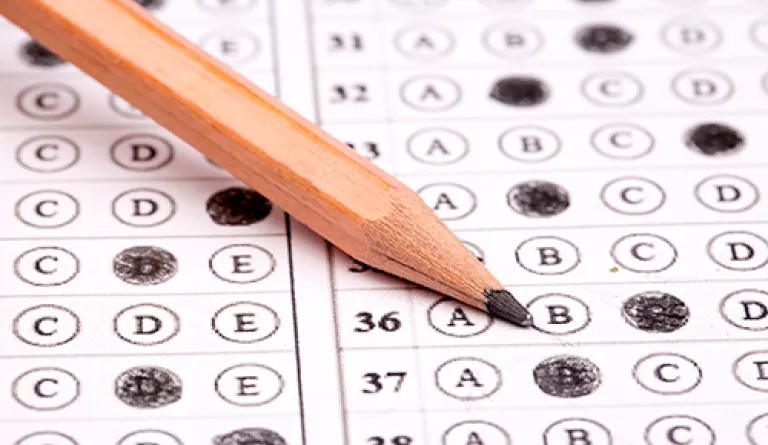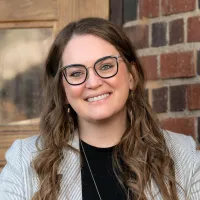White Paper Outlines Lawyer Licensing Options amid Coronavirus Restrictions

In a new white paper published on March 22, 11 legal scholars—including Deborah Jones Merritt, our partner for the Building a Better Bar project—stress the need for jurisdictions to consider alternative licensing options for the Class of 2020 and others slated to take the bar exam this summer. The authors argue that jurisdictions must consider alternative licensing procedures both as a matter of fairness to new law school graduates and to meet the demand for legal services during (and after) the COVID-19 pandemic.
COVID-19 is disrupting almost every aspect of American (and global) life. The next administration of the bar exam is scheduled for late July. Holding the bar exam in the usual way—large groups in packed rooms—would violate current CDC guidelines and directives in many jurisdictions banning gatherings and nonessential business, and could unduly risk spreading the disease. While some restrictions may gradually lift this summer, so long as they remain in place there is a serious question whether the bar exam can be administered at all.
The authors argue that this result would be unacceptable. “We cannot reduce entry to the profession at a time when client demand will be at an all-time high,” the paper reads, citing the more than 24,000 graduates who began jobs that require bar admission last year.
The authors outline six licensing options for jurisdictions to consider for the Class of 2020, although they observe that the first three—postponement, online exams, and exams administered to small groups—are likely to fail. Each of the other three, however, “offers considerable promise.”
Emergency diploma privilege
The paper’s first promising suggestion is to implement a diploma privilege, which has been used successfully in Wisconsin and allows recent graduates from in-state law schools to secure a license to practice law without taking the bar exam. The authors state that jurisdictions should consider implementing an emergency diploma privilege to Class of 2020 graduates from ABA-accredited law schools, which would allow them to begin practicing immediately. Although acknowledging some drawbacks, the authors contend this option is “straightforward and easy to administer,” and, based on Wisconsin’s experience, of low risk to the public. “It would also be the most efficient way to get teams of licensed new lawyers on the front lines to help meet the legal challenges faced by our society as we first wage war to combat the virus and then rebuild profoundly damaged economic, social, and legal systems.”
Emergency diploma privilege-plus
Building off emergency diploma privilege, jurisdictions could tighten eligibility for this option by adding one or more other requirements, such as completion of online courses or exams, law school certification of additional educational credentials, or completion of bridge-the-gap programs. The authors acknowledge that while these requirements do add hurdles to getting more lawyers in the field and ready to serve the public, none of them are insurmountable and all of them are intended to “offer additional assurance of a candidate’s competence.”
Supervised practice
The authors’ final suggestion is for jurisdictions to expand existing student licenses to permit graduates to practice law under the close supervision of a licensed lawyer. Jurisdictions could temporarily modify these supervised practice rules to allow recent graduates of accredited law schools who have not failed a previous bar exam to use these licenses through mid-November, as well as to permit graduates to use those licenses with any type of employer that provides close supervision by a licensed lawyer.
With a rule like this in place, jurisdictions could then license law graduates who complete 240 hours of supervised legal work and submit an affidavit from their supervisor(s) confirming they did so, with rubrics guiding both feedback to the graduates and the determination of successful completion. Unlike emergency diploma privilege, supervised practice would allow jurisdictions to license lawyers graduating from law schools in any state. In addition, the majority of the work would be performed online, “allowing work and supervision to readily cross state lines” as well as adhering to public health guidelines.
The methods by which jurisdictions license lawyers need to change. In the short term, licensing needs to address our new COVID-19 realities. And in the long term, the licensing process must ensure all lawyers are prepared for practice, following the guidance of our Building a Better Bar project. As the authors conclude:
“These are unprecedented times and we must work together to ensure we do not leave the talented members of Class of 2020 on the sidelines when we need every qualified professional on the field to keep our justice system moving.”

